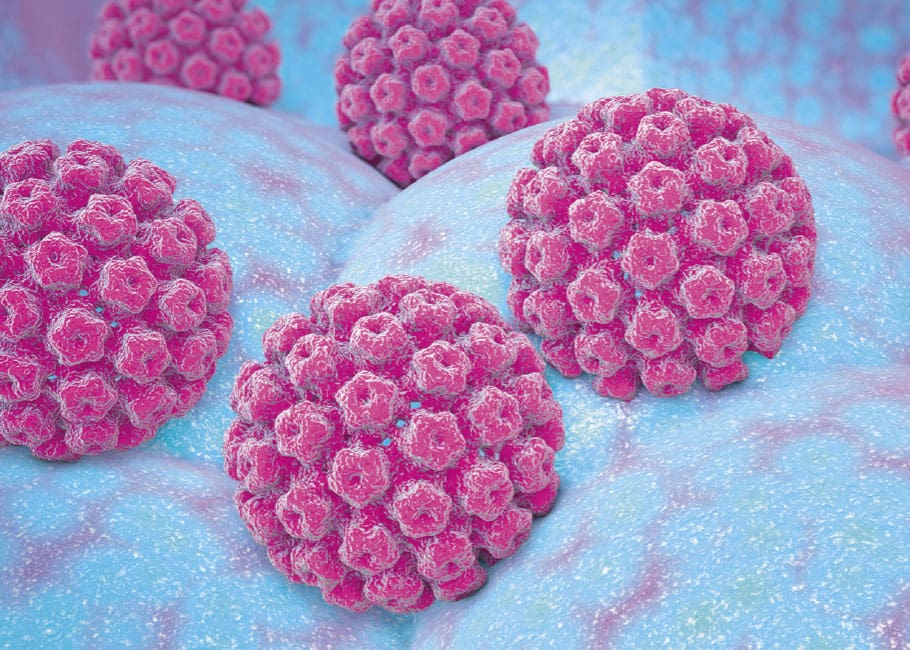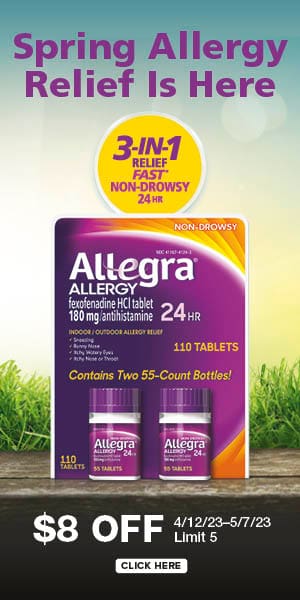For Your Health

© Naeblys / stock.adobe.com
Fighting HPV
Getting the HPV vaccine can help prevent certain cancers
by Linda R. Bernstein
Human papillomavirus, or HPV, is the most common sexually transmitted infection in the United States, according to the Centers for Disease Control and Prevention (CDC). Some types of HPV can cause cervical and other cancers that may take years to develop, including cancer of the vulva, vagina, penis or anus. Cancers in the back of the throat, including the base of the tongue and the tonsils, can also occur. Every year in this country, HPV causes about 37,300 cases of cancer in men and women. A person can have HPV and have no signs or symptoms.
Protection against HPV
The American Cancer Society notes that the HPV vaccine provides close to 100% protection against infections and pre-cancers caused by certain types of HPV. The vaccine also protects against the HPV types that cause most anal and genital warts. It does not treat existing HPV infections or diseases. It works best when given before any exposure to HPV.
HPV vaccine side effects are mild and most commonly include pain, redness or swelling at the injection site, fever, dizziness, fainting, nausea, headache, feeling tired, and muscle or joint pain.
Other CDC reminders
In addition to getting the vaccine, adopting certain practices and behaviors can help, advises the CDC.
- Routine screening for women ages 21 to 65 years old can help prevent cervical cancer. Women who have received the HPV vaccine series should still be screened for cervical cancer beginning at age 21.
- If you are sexually active, use condoms correctly every time you have sex to lower your risk of getting HPV. Areas the condom does not cover are still vulnerable to HPV infection.
- Being in a mutually monogamous relationship reduces your HPV infection risk. People can be infected, not know it and infect others. Symptoms may occur years later, so it’s hard to know when you first were infected.
Vaccine timeline
Children ages 11 to 12 years receive two doses of the HPV vaccine, six to 12 months apart. If they are 15 or older, they need three doses, given over a six-month period. For those not fully vaccinated, catch- up vaccination is re- commended for adults through age 26. The HPV vaccine may be recommended for some adults ages 27 to 45 who are not fully vaccinated.—LRB

SERGIO LEON
Linda R. Bernstein , Pharm.D., is a pharmacist, writer and the host of DrLinda.TV.
Costco Connection: A variety of vaccinations, including the HPV vaccine, are available in Costco pharmacies.



